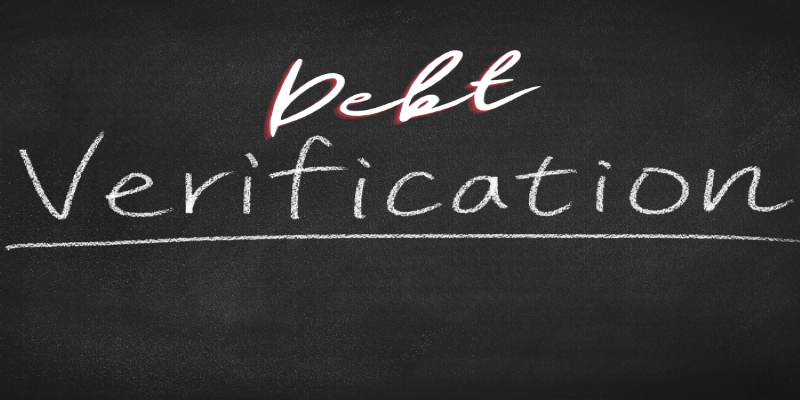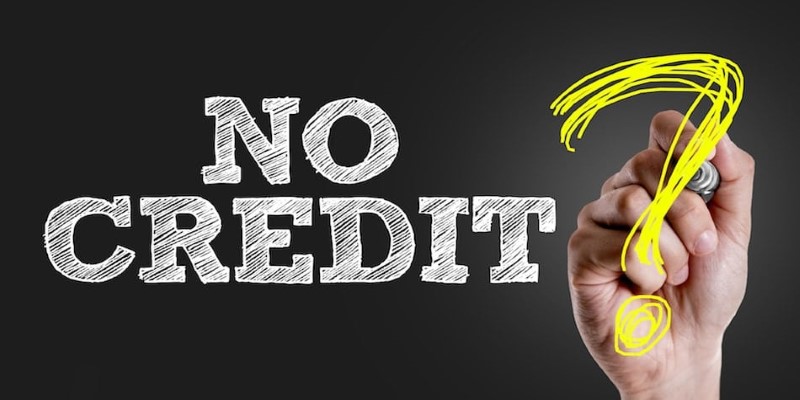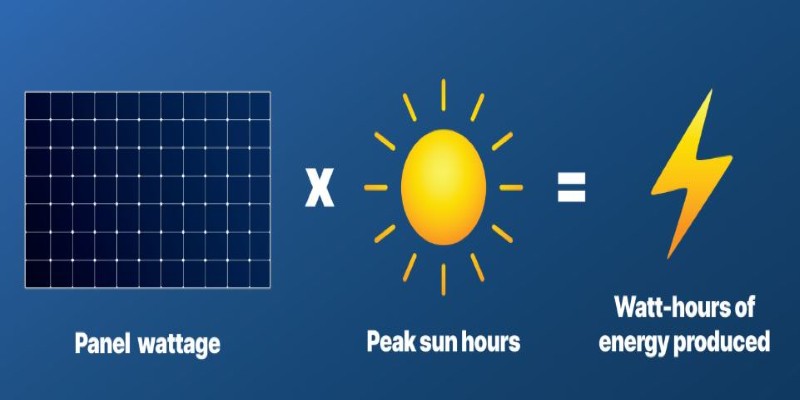When a bill goes unpaid for a certain period, the original creditor may stop trying to collect the debt themselves. Instead, they hand it over—or sell it—to a collection agency. That’s how a collection account is born. It doesn’t just appear on your credit report randomly. It gets there because something was overdue for too long.
Think of a collection account as the aftershock of a financial slip-up. If you’ve ever ignored a medical bill, skipped a few credit card payments, or forgotten about that old utility charge, it might not go away quietly. After a while, it changes hands and starts showing up as a collection account. And once it's there, it carries weight—especially when it comes to your credit score.
How a Debt Becomes a Collection Account
Let’s say you’ve missed several payments on a credit card. At first, you’ll get calls or letters from the credit card company. They want their money, and they want it soon. But if you continue not to pay, the account becomes “delinquent.” Usually, after about 90 to 180 days, the creditor makes a decision. They either transfer the debt to a third-party agency or sell it for a small fraction of the amount owed.
Once this happens, the collection agency takes over. You now owe them, not the original creditor. They’ll contact you instead, sometimes persistently. And just like that, the account gets reported to credit bureaus as a collection. It’s not just a debt anymore. It’s a red flag.
What Collection Accounts Mean for Your Credit
Now comes the part most people worry about. How bad is a collection account for your credit?
The short answer: quite a bit. Most scoring models, including FICO and VantageScore, treat collections as serious delinquencies. A single collection account can drop a solid credit score by 50 to 100 points, sometimes even more.
But the impact depends on a few things:
- How recent the collection is: The newer it is, the more it affects your score.
- Whether it’s been paid: Paid collections are generally better than unpaid ones, but they still don’t disappear right away.
- What kind of debt is it? Medical debt, for example, is now treated more leniently by many scoring models.
Collections usually stick around for seven years from the date of the original missed payment. Even if you settle or pay it off, the account can still be visible for that long—though it may be marked “paid” or “settled,” which looks better to future lenders.
What's tricky is that a collection can affect more than just loan approvals. It can impact insurance premiums, rental applications, and even job opportunities in certain industries. So, while it might seem like just a number on a report, it can affect real-world decisions in unexpected ways.
How to Handle a Collection Account
Once you’ve spotted a collection account on your report, you’ve got a few options. It doesn’t have to stay as-is.
Step 1: Verify the Debt

Before doing anything else, confirm that the debt is accurate. Collection agencies make mistakes. They might have the wrong amount, or worse, the wrong person. Request a debt validation letter. By law, the agency must provide proof that you owe the money.
If they can’t prove it—or if the debt is too old to collect legally in your state—you may not be obligated to pay at all.
Step 2: Dispute Any Errors
If you find something wrong—wrong balance, wrong date, or even a collection you don’t recognize—you can file a dispute with the credit bureau. Include all supporting documents. They have 30 days to investigate and respond.
If the dispute is resolved in your favor, the collection could be removed from your report entirely.
Step 3: Decide Whether to Pay
This is where you have to weigh your goals. If you plan to apply for a mortgage or car loan soon, paying off the collection could help, especially if it’s marked as paid or settled.
But there’s a catch. In some cases, paying can “refresh” the account date, making it look newer than it is. That could temporarily hurt your score more. Some newer scoring models ignore paid collections, but not all lenders use the latest versions.
One option is to ask for a pay-for-delete agreement. That means you agree to pay in exchange for the agency removing the account from your credit report. Not all agencies will agree, but it’s worth asking.
Step 4: Get Everything in Writing
Whether you’re negotiating a lower payment or requesting removal, get it all documented. A verbal agreement isn’t enough. Without something in writing, there’s no guarantee the agency will follow through.
Once you’ve paid, ask for a letter confirming the account is resolved. Keep that letter—it may come in handy later.
Can You Prevent a Collection Account?
Absolutely. The best way to avoid one is to catch missed payments before they snowball. Here are a few habits that help:
- Set up payment reminders: A simple alert can prevent a 30-day slip.
- Check statements regularly: Don’t assume auto-pay caught everything.
- Monitor your credit report: Look for signs of accounts in trouble.
- Talk to creditors early: If you’re struggling, contact them before the debt gets sent to collections. Many offer hardship plans or temporary payment relief.

It all comes down to awareness. Collection accounts don’t pop up without warning. They follow a trail of unpaid bills—and the sooner you break that trail, the better.
To Wrap Things Up
A collection account is more than just an entry on a credit report—it's a sign that something went unpaid for too long. While it can dent your credit and complicate plans, it's not the end of the road. With the right steps, you can handle it, correct errors, and reduce the impact over time.
The key is acting quickly, staying informed, and not ignoring the notices when they come. Because once a collection hits your report, it stays there for years—and those years can feel much longer if you don’t take action.












